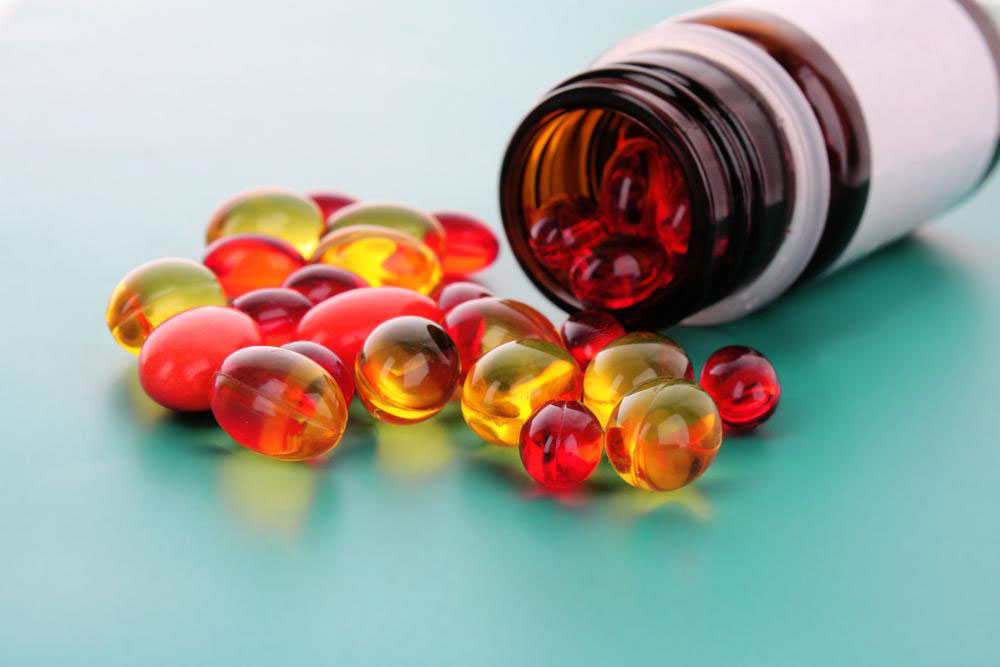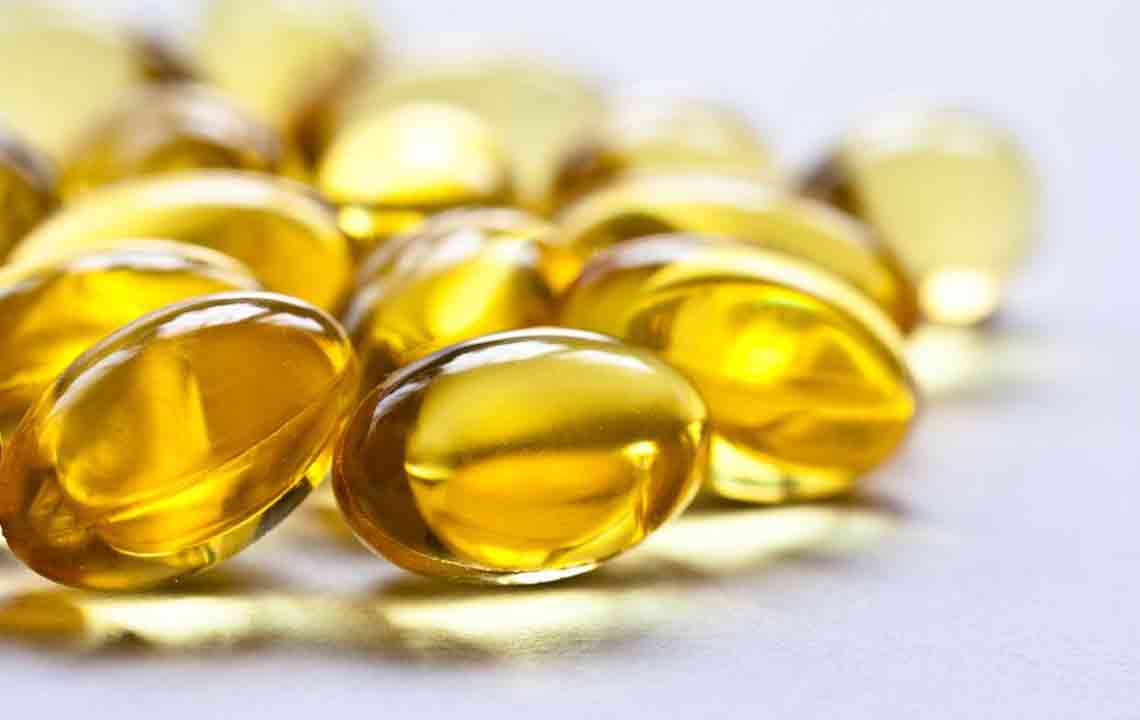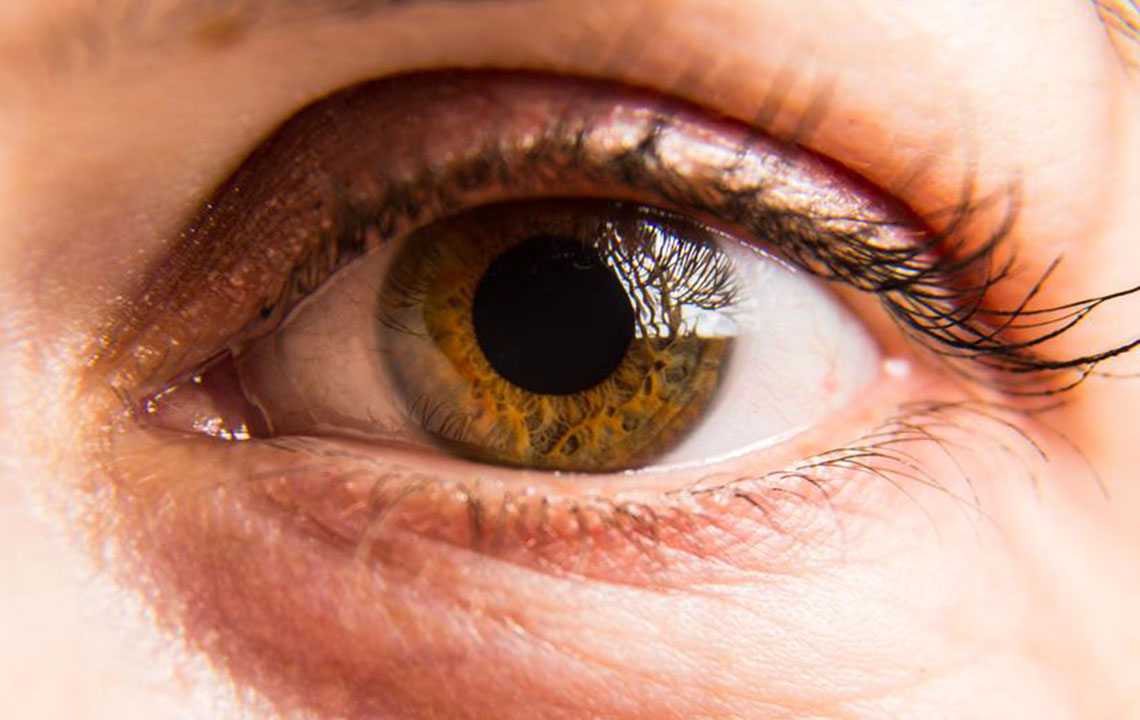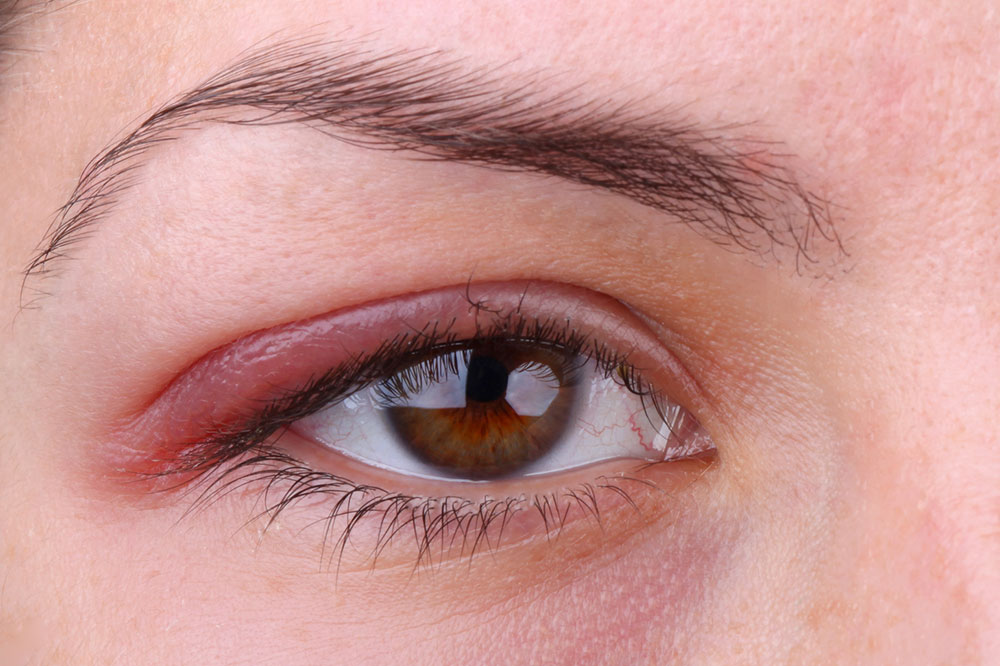Essential Vitamins for Maintaining Healthy Eyes
Discover essential vitamins and nutrients that support eye health, including vitamin A, E, C, B-complex, omega-3 fatty acids, and more. Learn how incorporating these into your diet can help prevent age-related eye conditions like cataracts and macular degeneration. Focused on promoting optimal vision and eye wellness, this guide provides dietary sources and tips for maintaining healthy eyesight throughout life.

Essential Vitamins for Maintaining Healthy Eyes
As we age, especially past 50, many individuals notice changes in their vision. Conditions such as diabetic retinopathy, glaucoma, cataracts, and age-related macular degeneration can impact eye health. Nutrition plays a crucial role in preventing or managing these issues. Incorporating vital vitamins and nutrients into your diet is key to supporting healthy eyesight. Here are some of the most beneficial vitamins and nutrients that promote optimal eye health.
Vitamin E
Oxidative stress caused by free radicals can damage eye tissues. Vitamin E, a powerful antioxidant, helps shield eye cells from this damage. Research indicates that diets rich in vitamin E may lower the risk of cataracts associated with aging. Good sources include avocado, salmon, leafy greens, seeds, nuts, and vegetable oils.
Vitamin A
Deficiency in vitamin A can lead to night blindness and dry eyes, progressing to serious conditions like corneal softening and irreversible blindness if untreated. Essential for producing rhodopsin, a protein needed for low-light vision, vitamin A also reduces the risk of age-related eye diseases. Foods such as pumpkins, sweet potatoes, peppers, and greens are excellent sources.
B vitamins (B12, B9, B6)
These B vitamins help lower homocysteine levels, a protein linked to inflammation and increased risk of age-related macular degeneration (AMD).
Vitamin C
Another potent antioxidant, vitamin C helps protect eyes from free radical damage. It is vital for collagen synthesis, which maintains the structure of the sclera and cornea. Studies suggest that vitamin C can reduce cataract development. Rich sources include broccoli, peppers, tropical fruits, and kale.
Niacin (Vitamin B3)
Niacin assists in converting food into energy and acts as an antioxidant. It may help prevent glaucoma, a condition damaging the optic nerve. Foods high in niacin include beef, fish, mushrooms, peanuts, and legumes. Always consult a healthcare provider before supplementing.
Omega-3 Fatty Acids
These essential fats support cell health and have anti-inflammatory properties. Consuming omega-3s can help prevent diabetic retinopathy and alleviate dry eye symptoms by increasing tear production. Sources include fatty fish, flaxseed, walnuts, soy, and cooking oils like olive and canola oil.
Riboflavin (Vitamin B2)
Riboflavin reduces oxidative stress and may help lower cataract risk, especially in deficient individuals. Dairy products, oats, fortified cereals, yogurt, and beef are excellent sources.
Other nutrients like zeaxanthin, lutein, and thiamine are also vital but should be taken under medical guidance. Maintaining a balanced diet with these vitamins can support healthy eye function and protect against age-related deterioration.









